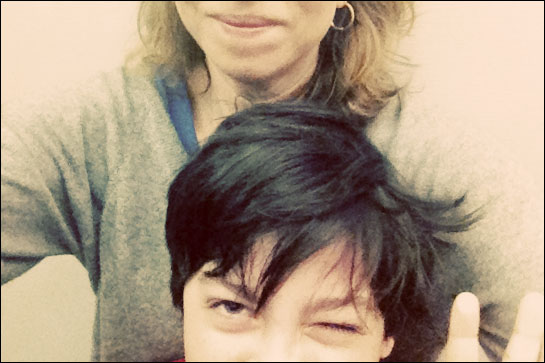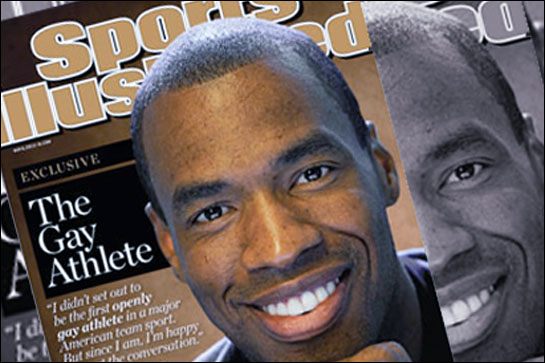
Men do a lot more housework today than they did ten years ago, but they do the same amount of housework regardless of whether they are single or married. This means men are more self-sufficient than they used to be, but also that they are only doing what women would call “the basics.”
Women do more housework when they are married than when they are single — even with no kids. Which means women are doing more than the basics because they want to make a nice home for the marriage. And men already thought they had a nice home. Men don’t care about the extra housework women are doing: the genesis of unpaid, unappreciated labor. Read more









